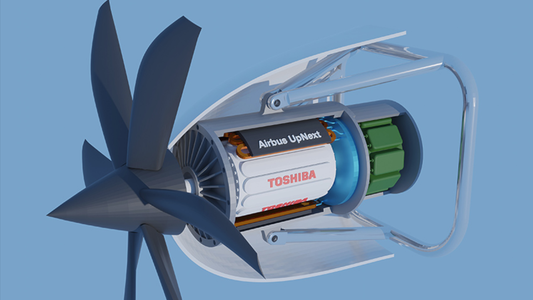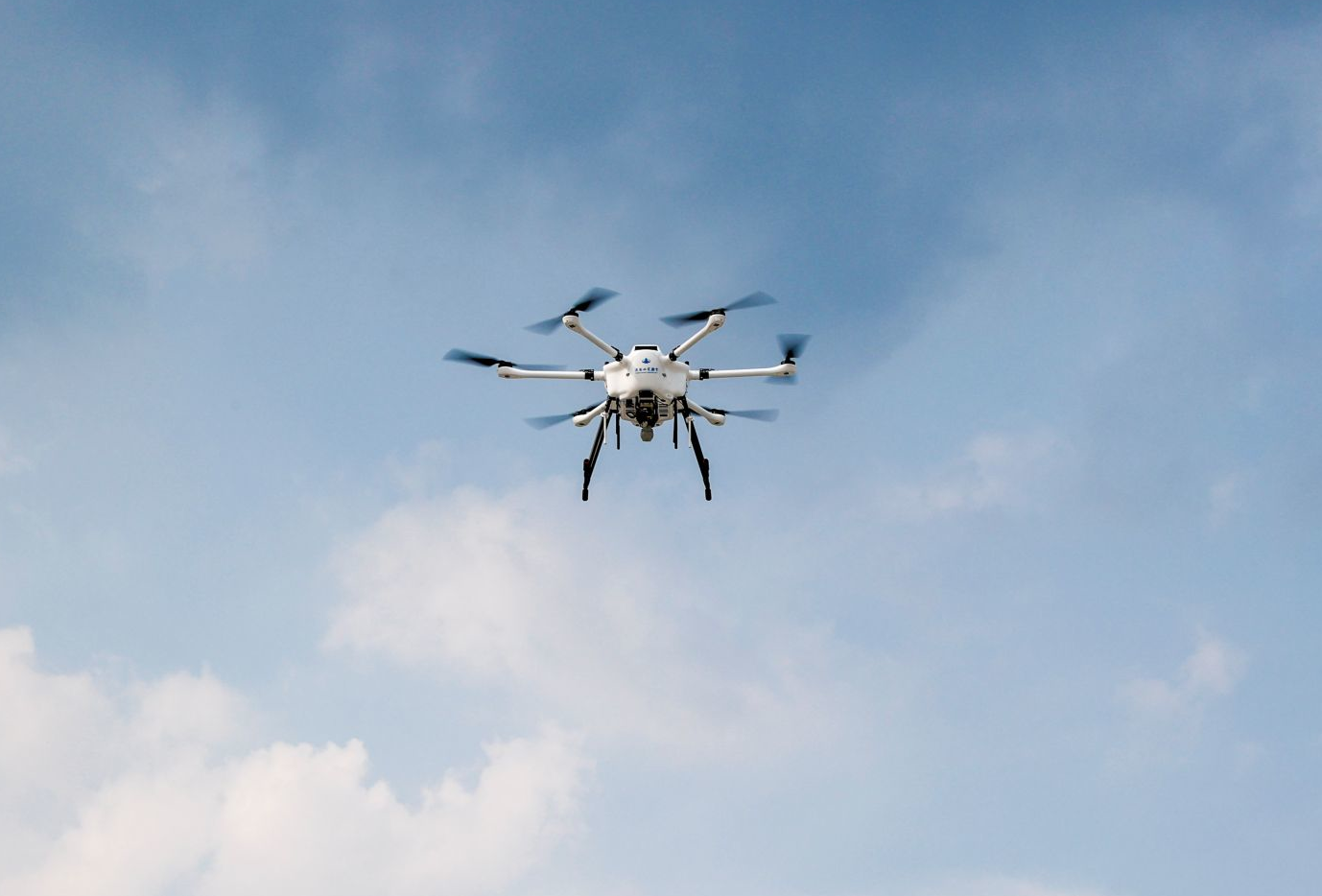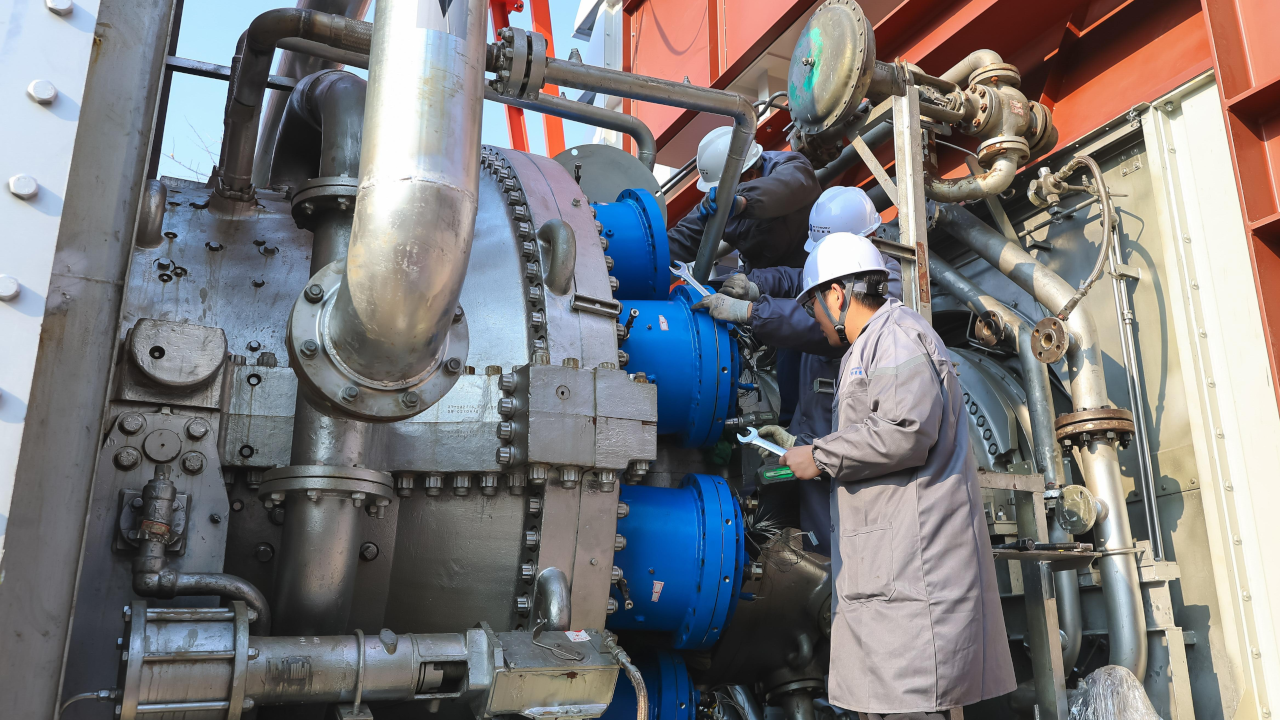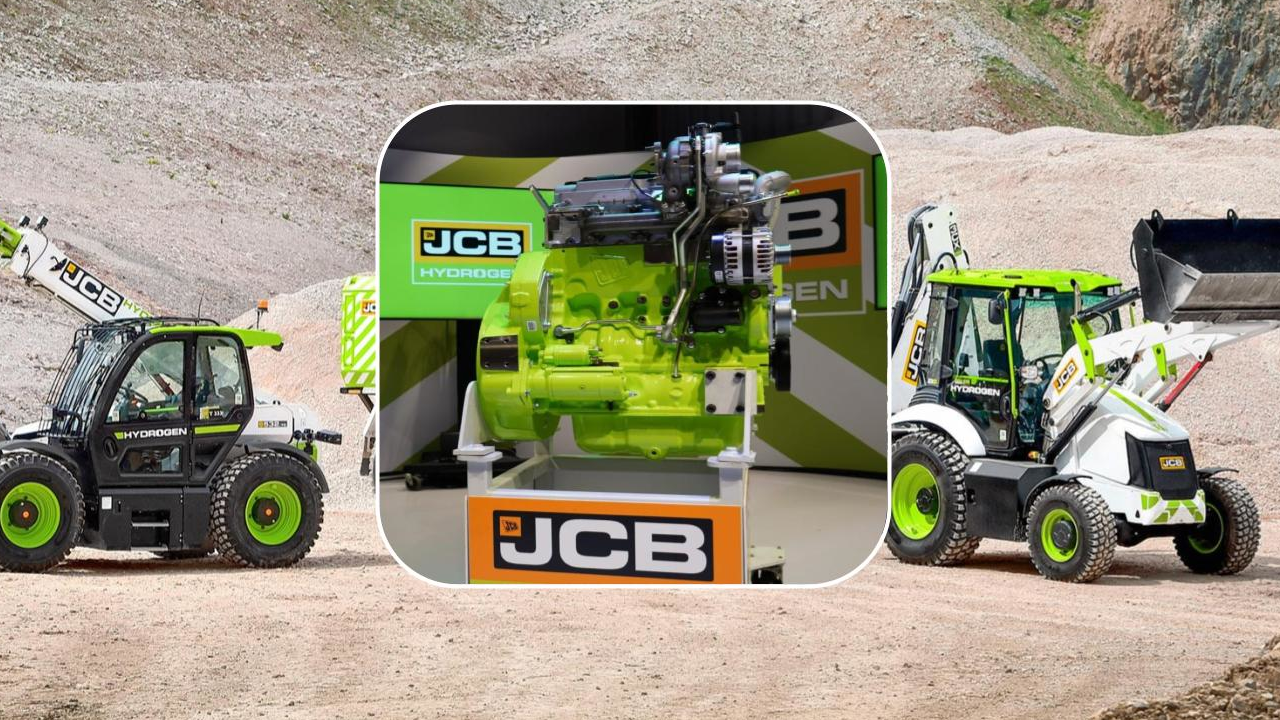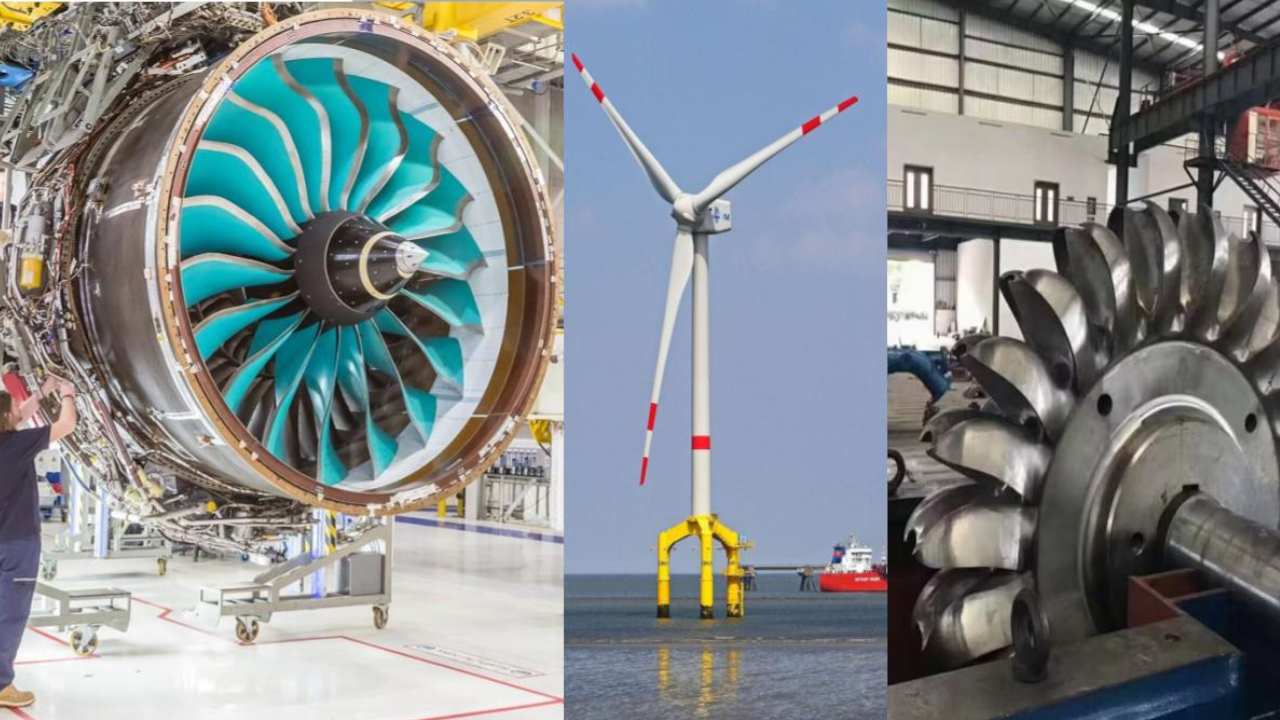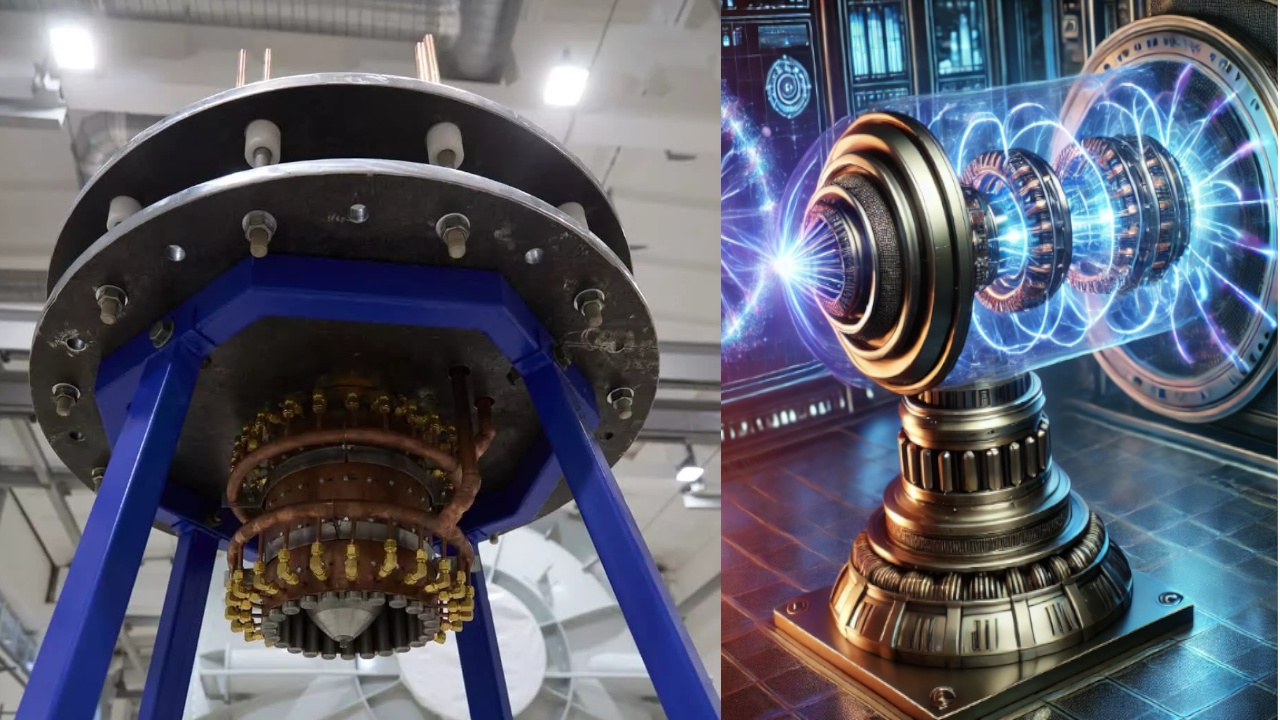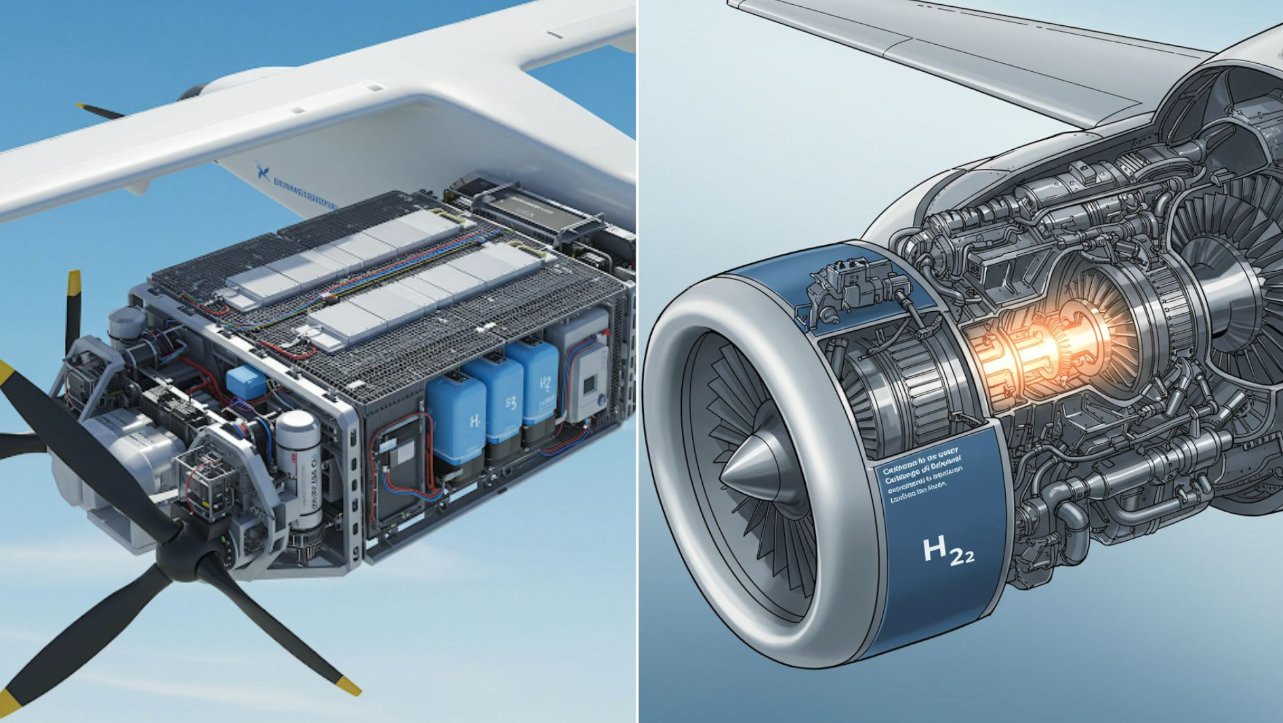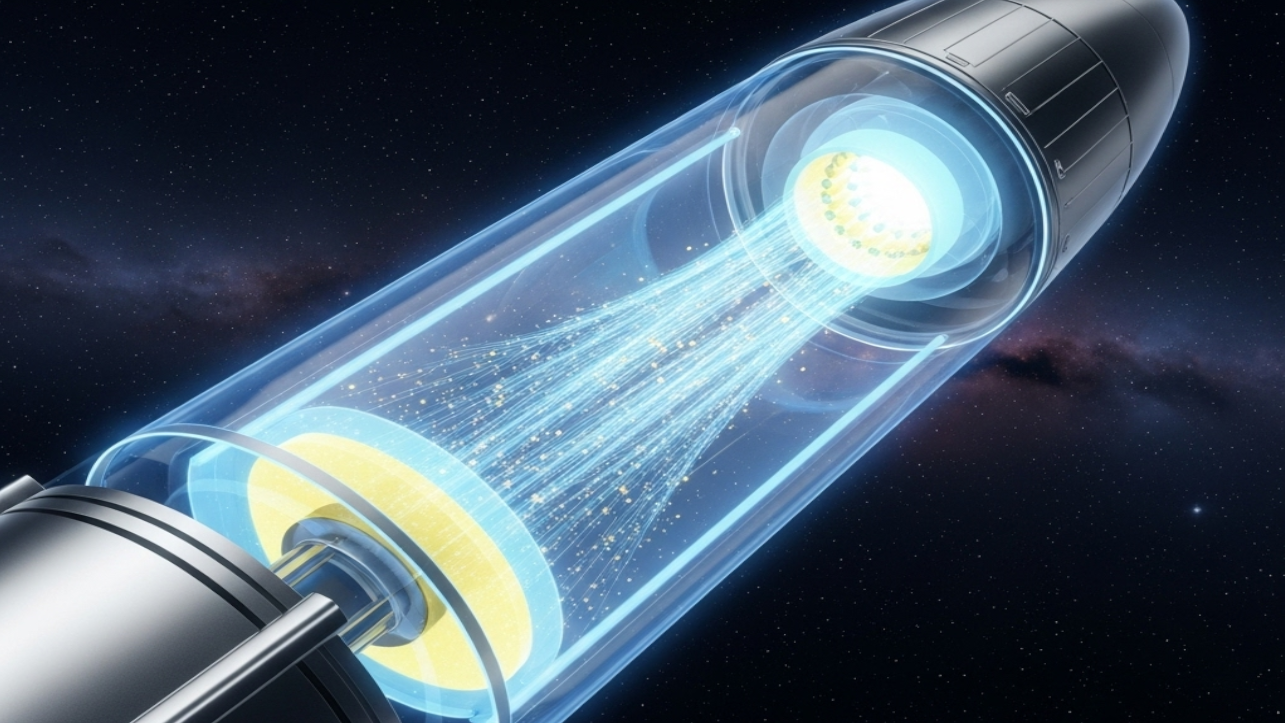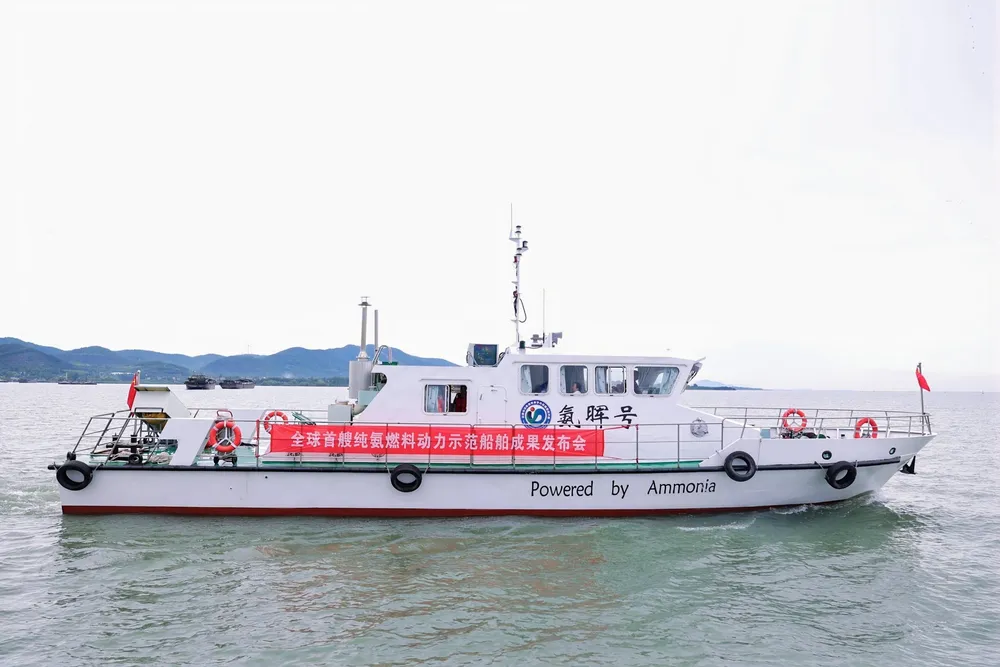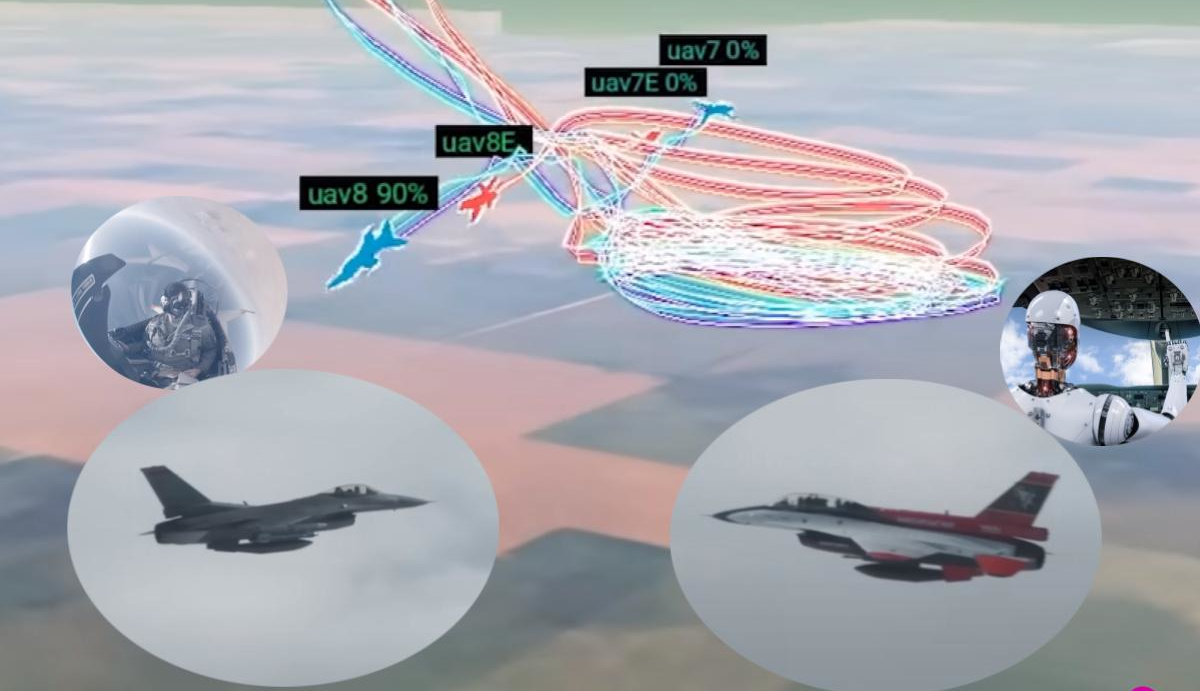Superconductors are a special class of materials that exhibit zero electrical resistance when cooled below a certain temperature. This means that electricity can flow through them without any energy loss, making them highly attractive for applications in motors where efficiency is paramount.
Airbus Up Next, a wholly-owned subsidiary of Airbus, has announced a partnership with Toshiba to jointly develop superconducting engines for future hydrogen-powered aircraft. The agreement was signed in Tokyo during the 2024 Japan Aerospace Exhibition.
The initial goal is to develop a 2-megawatt superconducting engine. Airbus will leverage Toshiba’s extensive research expertise in superconductivity, while Toshiba will benefit from Airbus’s experience in engine manufacturing.
Superconducting engines, still in the research and development phase, harness the unique properties of superconductors to significantly improve the efficiency and performance of traditional engines. By eliminating electrical resistance, superconducting materials enable the flow of electricity without energy loss as heat.
However, a significant challenge is the need to cool superconductors to extremely low temperatures, close to absolute zero (-273 degrees Celsius), to maintain their superconducting state. This requires complex cooling systems.
This partnership aims to combine the strengths of both companies to create more efficient and sustainable aircraft engines. Airbus and Toshiba could lead a new era in aviation by exploring the potential of superconducting technology in eco-friendly hydrogen engines.
